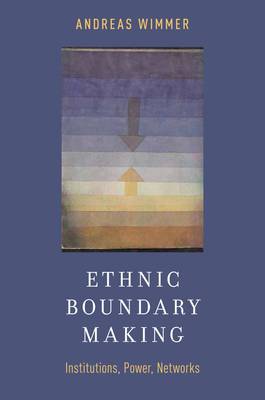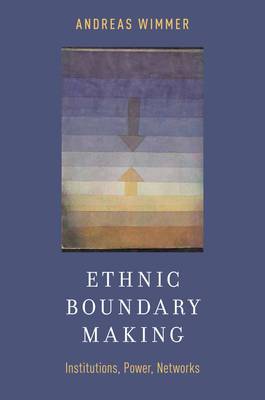
- Retrait gratuit dans votre magasin Club
- 7.000.000 titres dans notre catalogue
- Payer en toute sécurité
- Toujours un magasin près de chez vous
- Retrait gratuit dans votre magasin Club
- 7.000.0000 titres dans notre catalogue
- Payer en toute sécurité
- Toujours un magasin près de chez vous
Description
Why does ethnicity matter in certain societies and contexts but not in others? Drawing on the boundary-making perspective first championed by anthropologist Fredrick Barth, Andreas Wimmer introduces a comparative analytic of ethnic group formation. He analyzes how and why ethnic boundaries are sometimes associated with inequality and exclusion, with political salience and public debate, with enduring loyalty and thick identities, while in other cases ethnicity and race do not structure the allocation of resources, invite little political passion, and represent only secondary aspects of individual identity. Wimmer argues that three key mechanisms influence the dynamics and consequences of ethnic boundary-making: institutional incentives, the distribution of power between individuals, and the reach of pre-existing social networks. Cautioning against seeing ethnicity wherever one looks, Wimmer argues for disentangling ethnic and non-ethnic group formation processes and proposes a set of research designs, analytical principles, and strategies of interpretation appropriate for the task. Several qualitative and quantitative studies then apply this agenda: on how local residents in immigrant neighborhoods draw symbolic boundaries against each other, on the ethnic and racial composition of friendship networks, and how ethnic closure influences cultural values. By overcoming essentialist approaches to ethnicity while avoiding the pitfalls of excessive constructivism, Ethnic Boundary Making offers a new perspective on a topic of vital interest to sociologists, anthropologists, and ethnic studies scholars.
Spécifications
Parties prenantes
- Auteur(s) :
- Editeur:
Contenu
- Nombre de pages :
- 304
- Langue:
- Anglais
- Collection :
Caractéristiques
- EAN:
- 9780199927395
- Date de parution :
- 17-01-13
- Format:
- Livre broché
- Format numérique:
- Trade paperback (VS)
- Dimensions :
- 155 mm x 231 mm
- Poids :
- 430 g

Les avis
Nous publions uniquement les avis qui respectent les conditions requises. Consultez nos conditions pour les avis.






